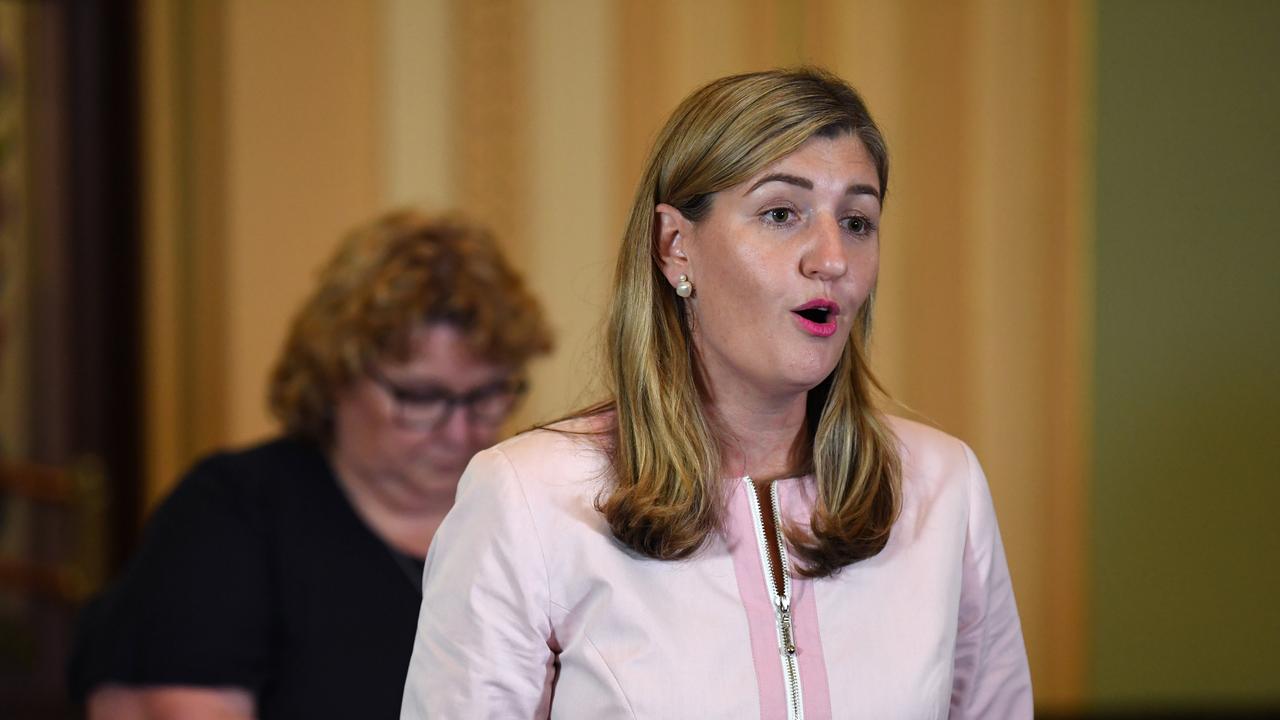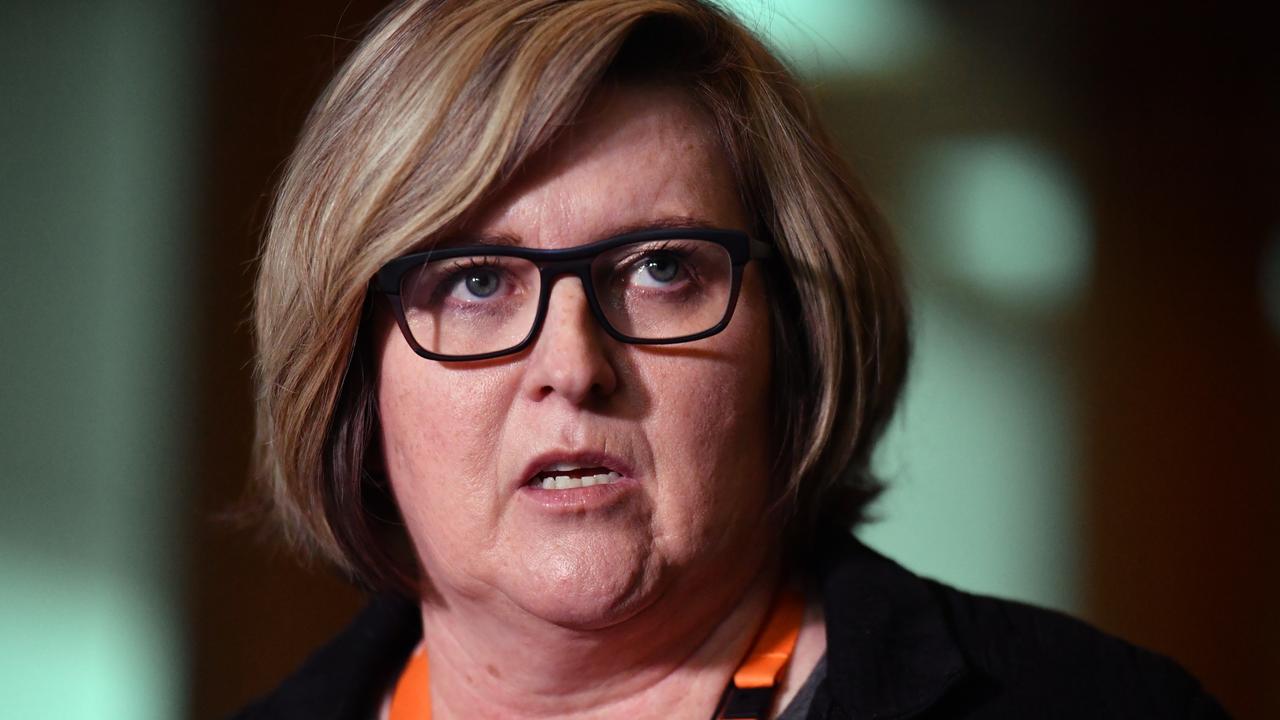Queensland consent laws ‘don’t go far enough’
Consent legislation set to pass parliament this week won’t be amended to include an affirmative model of consent for Queensland, drawing criticism.
Police & Courts
Don't miss out on the headlines from Police & Courts. Followed categories will be added to My News.
Consent legislation set to pass parliament this week won’t be amended to include an affirmative model of consent for Queensland, despite condemnation by advocates that the laws don’t go far enough.
Advocates are pushing the government to immediately introduce an affirmative consent model in Queensland, arguing that the government does not need another review.
It comes as the government prepares to pass new consent laws when parliament sits this week, which will see the removal of some of the excuses defendants use to escape conviction.
Queensland Council of Social Service chief executive, Aimee McVeigh, yesterday called on the government to move Queensland to an affirmative model of consent “now”.

She insisted women should not have to wait for a taskforce to consider the issue, given that the model is already in place in Tasmania and Victoria.
“What we have seen in the last few weeks, is there is real need for law reform in this area,” she said.
“All that we’re seeking is that the laws ensure that before people have sex, both people enthusiastically consent.”
The laws that are expected to pass parliament this week came off the back of recommendations by the Queensland Law Reform Commission.
Attorney-General Shannon Fentiman maintained the government’s election commitment was to introduce the current Bill, describing the legislation as a “significant step forward in this area of law”.

But she acknowledged there were some stakeholders that would have liked the Queensland Law Reform Commission to have gone further “for an affirmative consent model”.
She said affirmative consent would now be considered by the recently established Women’s Safety and Justice Taskforce, which is examining women’s experiences in the criminal justice system.
“It will be considered more broadly, because remember legislation is just one part of this,” Ms Fentiman said.
“It’s what gets taught in our schools, it’s what barriers exist for women to come forward, what barriers exist for successful prosecution.
“So we want to get it right and we want to take our time.
“The sector is telling me to take our time and get these reforms right.”
Women’s Legal Service Queensland chief executive Angela Lynch said it was possible for the government to move on an affirmative consent model immediately and “not wait any longer”.
“The community in many ways has spoken and they want change and they want action,” she said.
“And they want those protections in place immediately – not waiting for another review.”

Jonathan Crowe, professor of law at Bond University, said Queensland should be moving to an affirmative model of consent.
“I also think that Queensland has an opportunity to lead Australia on law reform in this area (consent laws),” he said.
“I think that certainly there’s no reason why Queensland can’t be a bit more ambitious.
“There’s increasing recognition that consent is an ongoing conversation.”





